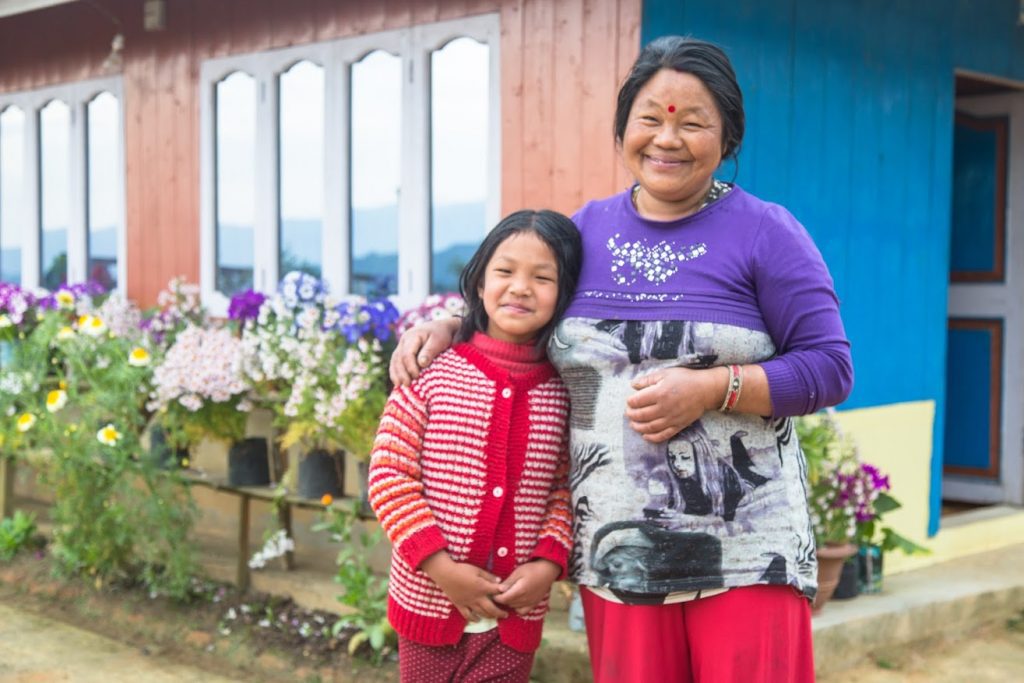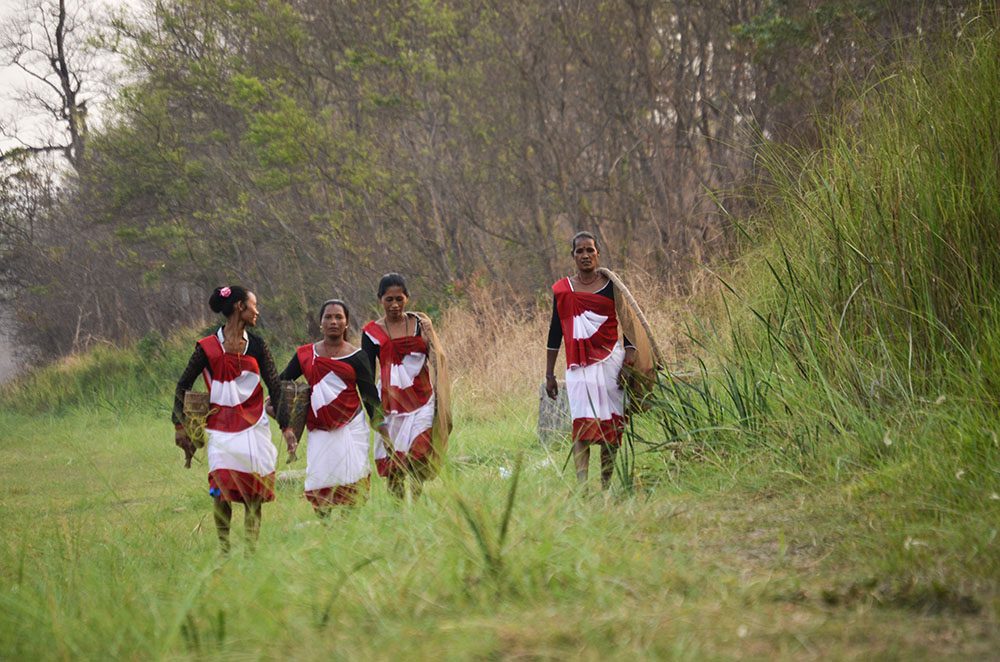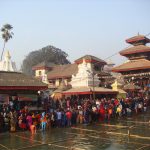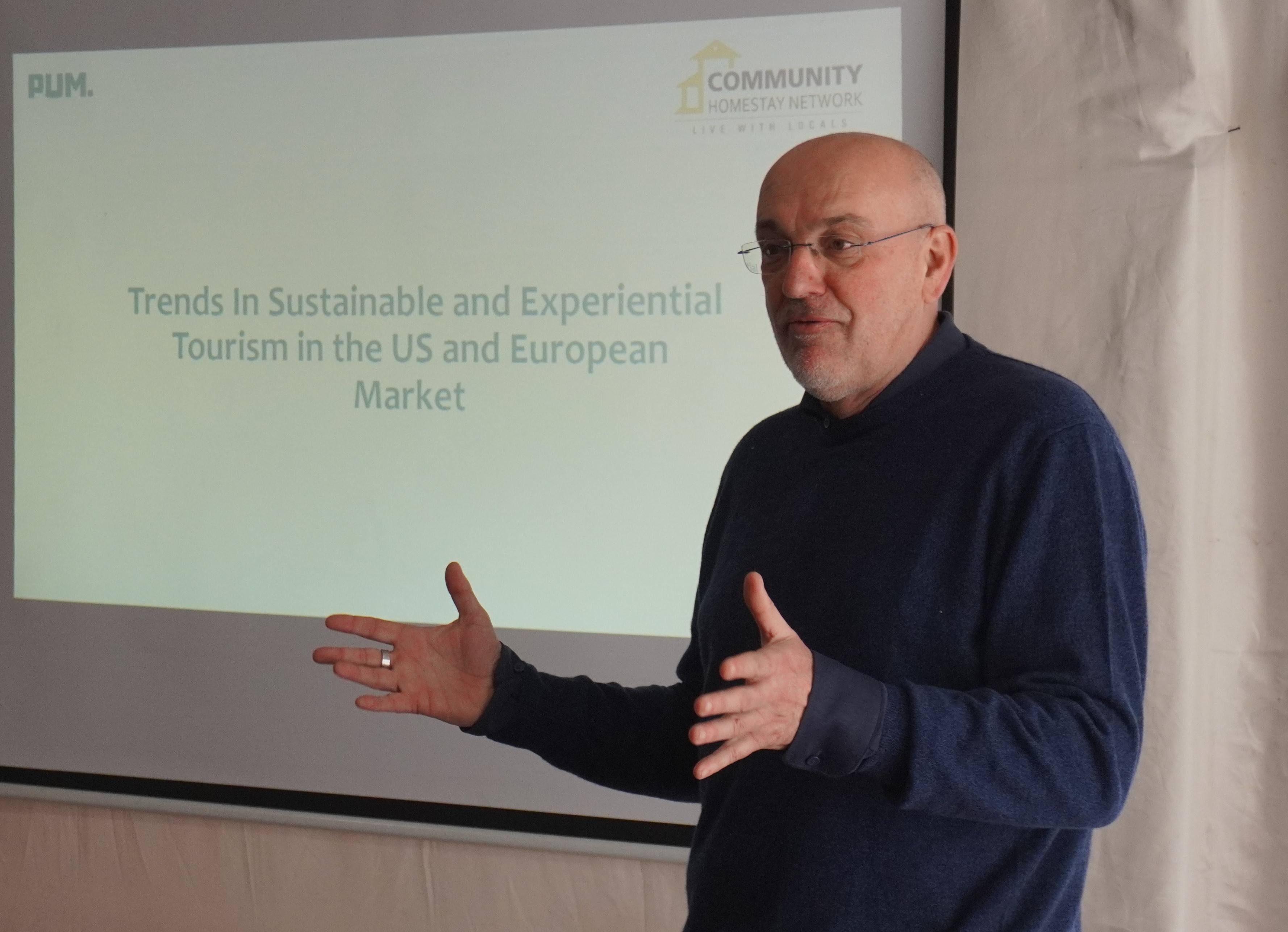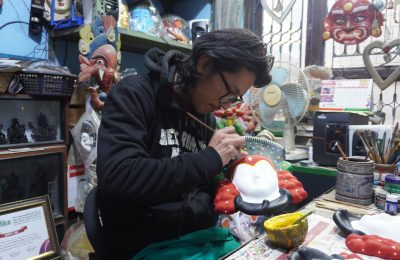To comprehend the country as a whole, we need to highlight the force of the rural economy and resilience, considering that 80% of the population resides in rural areas. With our (Community Homestay Network’s) direct engagement with the communities, we understand the value of rural communities and promote community homestay models as a way to experience Nepal while increasing the socio-economic benefit-sharing among local communities. The community homestay model enables living with the locals and creates a tourism value chain that generates job opportunities and improves livelihoods.
The prospect of tourism, for local indigenous communities, was a viable solution to increase their income in the pre-pandemic period. The community homestay model alongside the homestay also has helped develop various local and cultural activities into tourism experiences. Between 2017 and March 2020, before the halt of tourism due to the pandemic, we were able to host around 8000 travelers in various community homestays within our network.
Empowering Rural Economies
Even during the pandemic, when we were not able to support communities through tourism directly, we constantly stayed in communication with our communities via various other projects and training, while reflecting on the intangible assets that our communities hold.
When we think about uplifting and strengthening tourism-dependent communities, we often tend to highlight their landscapes and monumental architecture and promote it accordingly. However, as we reflect back on the uncertainties in 2020-2021, we have become more aware of the vast intangible assets and knowledge that our communities hold.
This pandemic has provided us with the opportunity to understand how people, their culture, and generations of knowledge shape the destination, and how they actively learn to endure and recover from uncertainties using their indigenous knowledge and skills. While most of the world was struck with pandemic and pushed to a state of panic and uncertainty, a few rural communities in our network were discovering ways to get through it and bounce back stronger than ever before.
Here is a list of three amazing things that communities within our network did while they were facing the pandemic:
Building a Support Network to Diversify the Income
At Community Homestay Network, when we say we support our communities via tourism, we are not just talking about the landscapes and geography; we keep the people of our communities at the core. Thus, when the pandemic brought uncertainties in 2020, together with the communities we saw an opportunity to leverage local knowledge to initiate Project Koseli as a sustainable way to diversify their income. With the Booking Booster grant, we were able to pilot our initiative and at present, we have a strong pool of 8 tourism-dependent communities producing 16 varieties of agro-based and handcrafted products. As of now, the communities have a reliable, diversified source of income and resilience for the future of tourism.
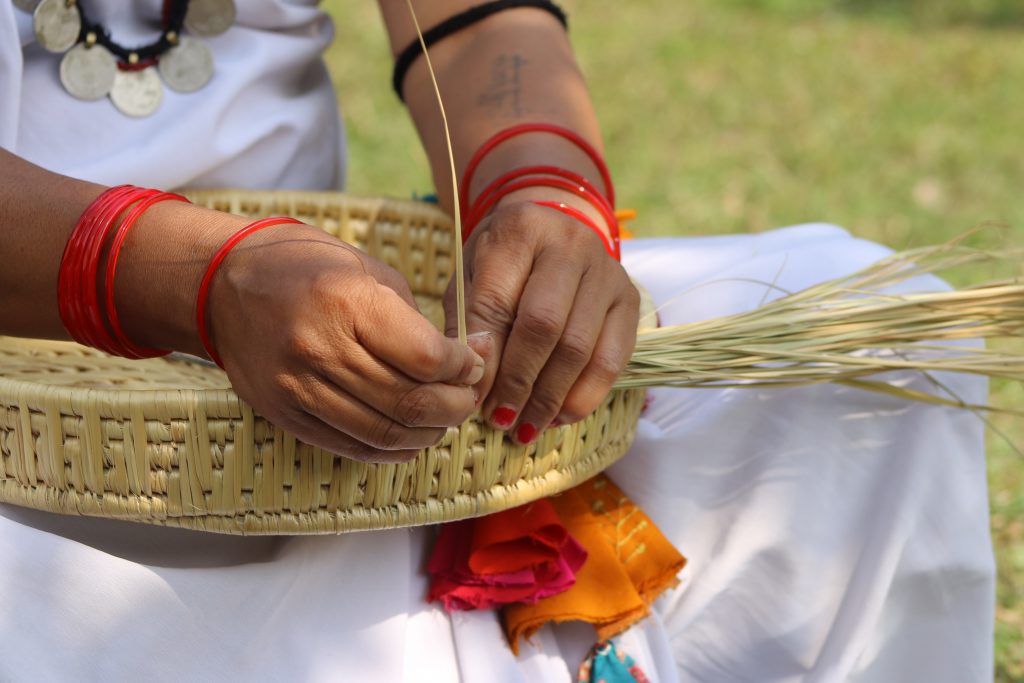
Resilience through Entrepreneurship in Rural Communities
This pandemic showed us when we support locals to build their entrepreneurial skills via engaging them through tourism, it does not limit to one avenue. Amidst the uncertainty of pandemic, one of our community homestay hosts from Panauti Community Homestay scaled up her hobby into a business. As tourism was at a halt and she was not receiving guests in her homestay, instead of losing hope she initiated her own online business of making masks, scrunchies among others.
Ms. Anjana Shrestha initiated making her products, particularly masks from locally sourced fabric Dhaka, one of Nepal’s traditional and popular ones. She is firmly invested to make her business sustainable and believes that clothes made locally are environmentally friendly as well as promote the local economy.
Her designs and use of traditional fabric have gained a lot of popularity among her clients; hence encouraging her to register a shop where she would not only be selling her products but also provide space to others in the Panauti Community who make handcrafted items. We think starting a small online business and transitioning into someone ready to provide a platform for others is quite a journey.
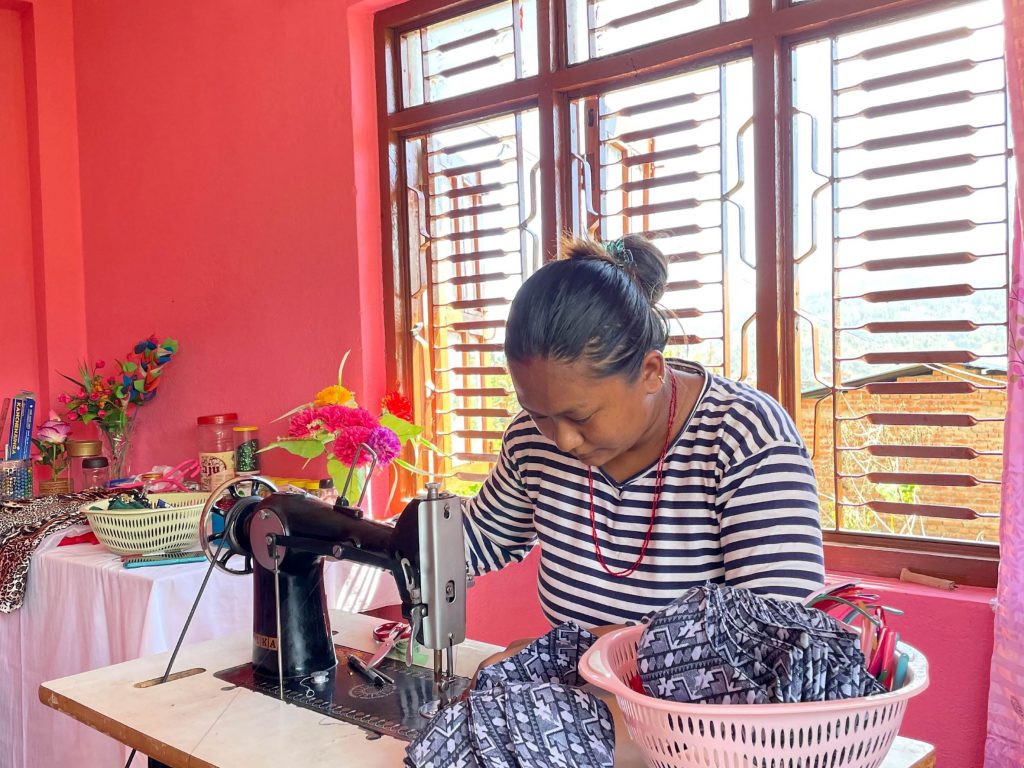
Hope and Path to Recovery
While Nepal was covered in uncertainties during the peak of the second wave of the pandemic in early 2021, the Shree Antu Community Homestay at Ilam had been working to build back better. The stories from the tourism-dependent communities on upgrading their infrastructure and their enthusiasm to maintain the health, hygiene and sanitation for the travelers and their communities has been one motivating story to share.
Thinking about the times where travelers visited and loved their communities, the hosts felt the pandemic would end at one point and travelers would visit their beloved communities once again. With this hope, the hosts at Shree Antu Community Homestay, Ilam took personal loans from cooperatives and financial institutions to upgrade their infrastructure to provide the guests with a comfortable authentic experience. The hope of revival and investment shows their resilience and, in their own words, are very proud of how their culture of consumption has gradually shifted towards reinvesting.
